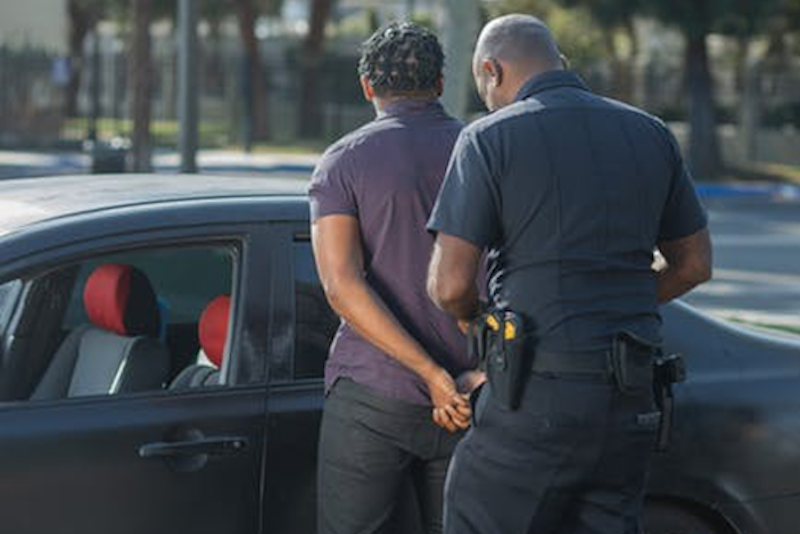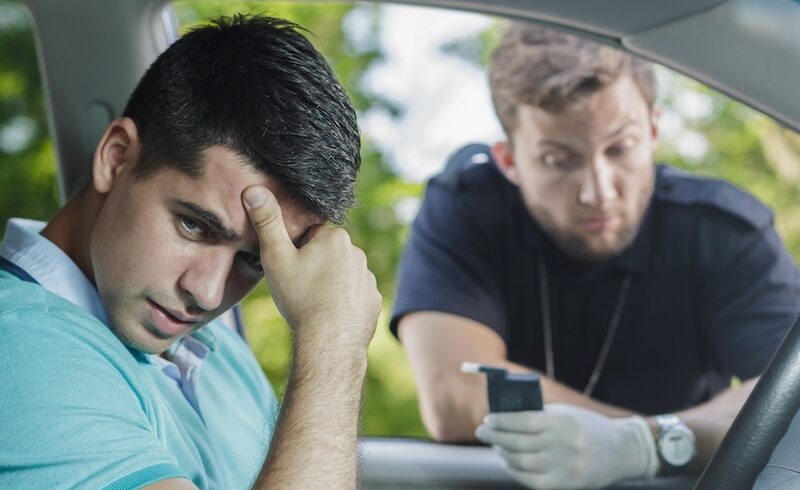
When you get your driver’s license and take to the roads, you’re agreeing to abide by traffic rules as well as laws governing distracted driving, reckless driving, and driving under the influence (DUI).
Since the 1970s and 1980s, states have cracked down on DUI. If you get convicted of this offense, you face fines, license suspensions and revocations, and jail time. As an Illinois driver, you should know the DUI laws inside and out to make sure that you are in compliance, but also so that you are not putting yourself or others at risk.
What Is Considered a DUI in Illinois?
Illinois laws stipulate that the legal limit for alcohol in your blood is 0.08. This means that if your blood alcohol content (BAC) is 0.08 or above, you can be charged with driving under the influence.
These laws don’t just apply to alcohol though. If you are under the influence of an intoxicating compound or a combination of intoxicating compounds that render you unable to drive safely. Similarly. if you are under the influence of any other drug, combination of drugs, or a combination of drugs and alcohol, you can also be charged with driving under the influence.
Any presence of drugs, substances, or compounds in your blood or urine (or other bodily substance) resulting from the unlawful use of controlled substances can result in a DUI charge.
Implied Consent
Illinois, like most other states, has an implied consent law. This means that by driving on Illinois roads, you are subject to a blood, breath, or urine test if you are suspected of driving under the influence.
If you are pulled over for suspicion of drinking and driving, an officer does not have to have a warrant to test you. If they believe that you are under the influence, they can request that you consent to one of the three tests. You can, of course, refuse, but if you refuse, your penalties will be significantly longer than if you consented and failed.
If you refuse to submit to a breathalyzer test, your license is automatically suspended for one year.
If it’s the second or third time you refuse a test, your suspension may be even longer. If you are under the age of 21 and refuse a test, you face a six-month suspension for your first refusal and a two-year suspension for the second and third refusal.
Penalties for DUI in Illinois
Illinois DUI laws stipulate that the more offenses you have, the stiffer your penalties are. The penalties also are more severe if your BAC is 0.16 or higher or you have a passenger in the vehicle that is under the age of 16.
Hire an Experienced DUI Attorney
If you are facing a DUI charge in Illinois, you need legal help so your rights are not violated and you get the best outcome possible. Illinois DUI laws contain steep penalties that can greatly disrupt your life.
Call us today at John M. Quinn & Associates, Ltd. to learn more about how our attorneys can help you get your driver’s license back. We specialize in license reinstatement and are available for a free consultation.


